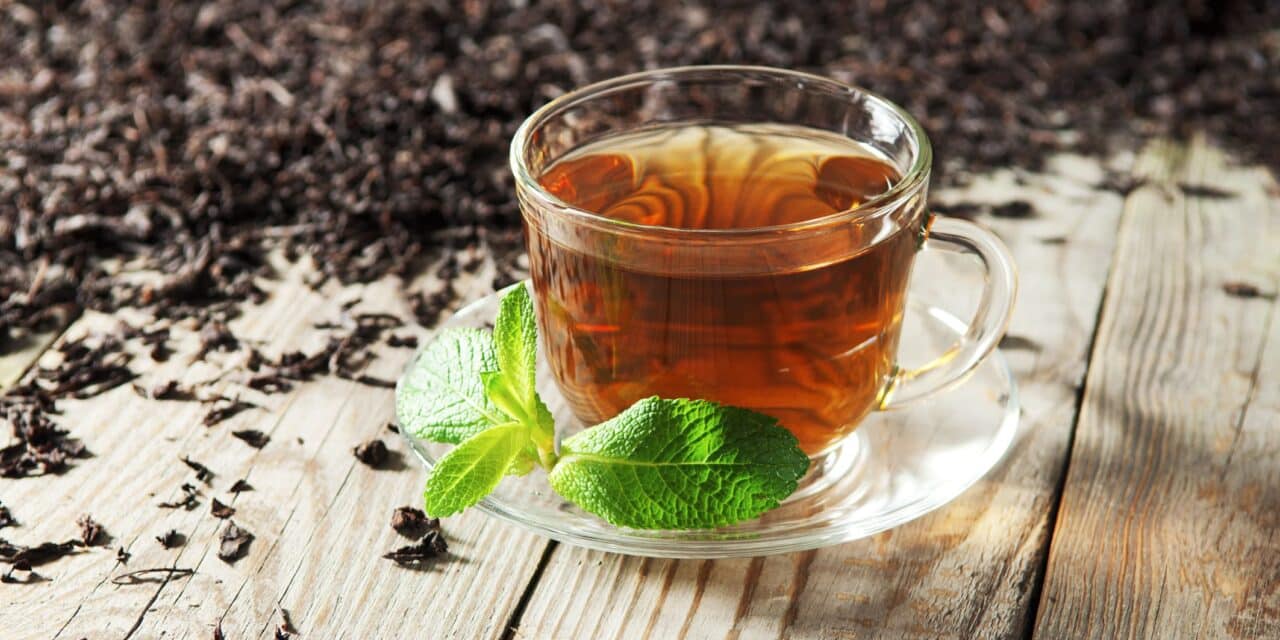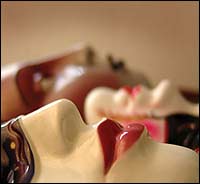As social media floods users with DIY acne tips, a board-certified dermatologist shares what’s legit, what’s risky, and when to see a professional.
Acne affects nearly 85% of people at some point in their lives—and with skin care advice now flooding social media, viral at-home acne hacks have become increasingly popular. But not all of these trending tips are safe or effective.
Ahead of Acne Awareness Month in June, Michigan-based board-certified dermatologist Fatima Fahs, MD, FAAD, breaks down what really works and what could make things worse.
“Everyone’s skin is different, and treating acne isn’t a one-size-fits-all solution,” says Fahs in a release. “That’s where expert care makes all the difference. A board-certified dermatologist can identify your specific type of acne and recommend the most effective treatment for your skin.”
Different Types of Acne
Acne can appear in different ways, including blackheads, whiteheads, pimples, and deeper cysts or nodules. While it’s not contagious, acne can significantly impact a person’s self-esteem and, if left untreated, may lead to permanent scarring.
There are different types of acne, including the following common forms: cystic acne, fungal acne, and hormonal acne.
Cystic acne is a severe form of acne in which large, painful cysts form deep under the skin, according to Fahs. It develops when oil and dead skin cells clog your pores, which triggers inflammation and infection from bacteria. If untreated, it can lead to scarring, which is why it’s important to consult with a board-certified dermatologist before it gets worse.
Not all acne, however, is caused by bacteria. “Fungal acne,” known medically as Pityrosporum folliculitis, is caused by an overgrowth of yeast in hair follicles. It appears as a series of small bumps, typically on the forehead, chest, and upper back—areas with a lot of hair follicles—and tends get worse in hot, humid environments.
Hormonal acne is usually related to changes in hormone levels, particularly around the menstrual cycle, said Dr. Fahs. It typically appears as cystic or inflammatory bumps along the jawline, chin, and lower cheeks. Many patients may notice flare-ups just before their period begins.
“Understanding the way your acne behaves can help you and your dermatologist come up with a treatment plan that’s suitable for your unique skin,” she says in a release. “Acne that tends to be hormonal requires treatment that is very different than acne caused by yeast overgrowth. Paying attention to what flares or improves your acne can be a helpful first step in addressing the issue.”
Common Treatments
Common acne treatments include vitamin A-based products called retinoids that unclog pores, benzoyl peroxide to reduce bacteria, and salicylic acid to ease inflammation.
“When incorporating acne over-the-counter medications into your daily routine, try to keep the rest of your skin-care routine gentle to avoid irritation of the skin,” says Fahs in a release. “Most acne products can lead to dryness, so pairing them with gentle cleansers and moisturizers before and after use can ensure a healthy skin barrier.”
For more severe cases, dermatologists may prescribe medications such as antibiotics, hormonal treatments like birth control pills and spironolactone that help reduce the effects of hormones on excess oil production, or isotretinoin, a powerful prescription medication used to treat acne when other treatments don’t work.
“We approach each acne treatment based on severity and type of acne,” said Dr. Fahs. “Each medication plays a different role, and the goal is always to find the most effective solution for that person’s unique skin.”
Online Hacks — Do They Work?
As social media continues to shape beauty and skincare routines, many acne-related trends have gone viral. While some have the potential to be helpful, Fahs warns that others may do more harm than good.
Chamomile tea is often touted for its anti-inflammatory properties. While drinking chamomile may offer some skin-calming benefits due to its flavonoids (a group of natural substances found in plants that help protect the body by reducing inflammation), there isn’t enough evidence to support using it as an acne treatment, says Fahs.
“While I don’t think it’s harmful to drink a cup a night, I would recommend against using chamomile directly from tea bags on the skin, because it could cause irritation,” she says in a release. “Instead, opt for over-the-counter products that contain chamomile as an ingredient.”
Other social trends, like using dandruff shampoo on your fac,e may have some truth behind them but can also cause problems, says Fahs. While dandruff shampoo can help with certain forehead bumps caused by yeast, it’s not made for facial skin and can lead to dryness, irritation, and more breakouts if overused.
Saunas can boost blood flow and reduce stress, which might help some skin conditions, she said, but they can also make others worse and increase the risk of skin infections.
“On the flip side, pimple patches do have science behind them—they help draw out fluid from pimples and stop you from picking, but they won’t work on deep acne,” says Fahs in a release. “With so many tips online, it’s best to be cautious and make an appointment to see a board-certified dermatologist before trying new treatments.”
ID 54963739 | Chamomile Tea © Andrii Kucher | Dreamstime.com



